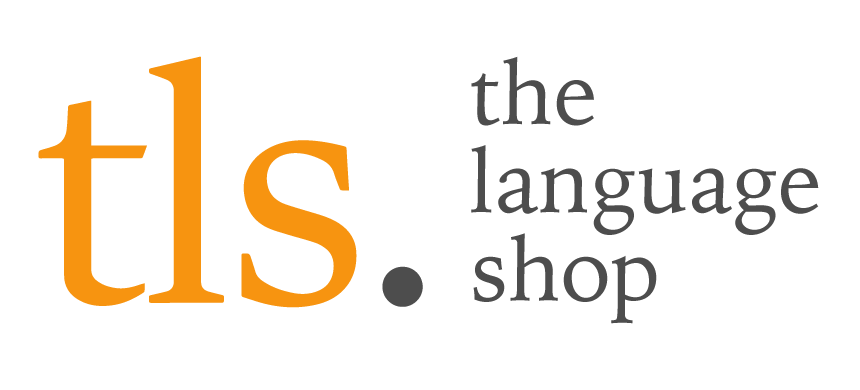The Linguist’s Story – Magdalena Szpilman
Every month, we get to know a bit more about one of our linguists. This month, meet Magdalena Szpilman, who works in Polish and English.
Magdalena, tell us about the work you do for TLS.
I work for TLS as an interpreter, between Polish and English. I have a PhD in Medical Communication and most of my work is medical.
What’s been your favourite project at TLS?
Whenever I get sent to ENT [ear, nose and throat department] or audiology! I absolutely love it. These were the subjects of my medical translations at the very beginning of my career, and also speaks to my personal history as a long term ENT patient and hearing impaired person. Not only can I relate to the patients, but I can also make use of my expertise.
For instance, I once had a service user who came for ear cleaning, but by providing interpreting support, the clinician was able to refer the patient to a surgeon as this was what was required. Without a qualified interpreter, the service user may not have been able to explain the underlying issues and left without getting the treatment that was needed.
What has been your biggest challenge?
What was a surprise initially was how much of the work is in mental health. I was prepared for medical interpreting – I have been doing highly specialised medical translations for journals etc for years. But since I’ve been working as an interpreter in the UK, the medical language is less challenging but the personal interactions more so.
What I’ve found helps the professionals is giving them some cultural background, so what I can tell them about the patient’s education level, language background. Certain treatments eg CBT [Cognitive Behavioural Therapy] require understanding abstract concepts and I have to work around that with the professional, explain that the concepts need to be simplified so that it can be interpreted effectively
Can you tell us about a time your work has made a difference to someone’s life?
It doesn’t always feel dramatic, but it’s things like being there accompanying someone when they get a difficult diagnosis, or a bad prognosis, even holding someone’s hand while having chemo. It’s such a huge responsibility to have, especially in the medical sphere.
Tell us something interesting about you.
I did a PhD in Medical Communication and finished this year. In the UK it’s more commonly called medical humanities. In short, the whole idea is to study the patient’s narrative of illness and look at how it affects their entire life; a more holistic approach. What I decided to do was focus on the physician, because if they are not taken care of and their story isn’t heard, there won’t be anyone to treat us. Burn out among medical professionals is an enormous problem and suicide rates are high.
What are your ambitions for the next 12 months?
The last 12 months were very challenging but successful. I think for the next 12, I would love to do more translations and more advanced translations. I also want to settle a little bit and stop doing a million things at once! Take some mental rest. Having said that, I’m already preparing an e-course for Warsaw University at the moment!

